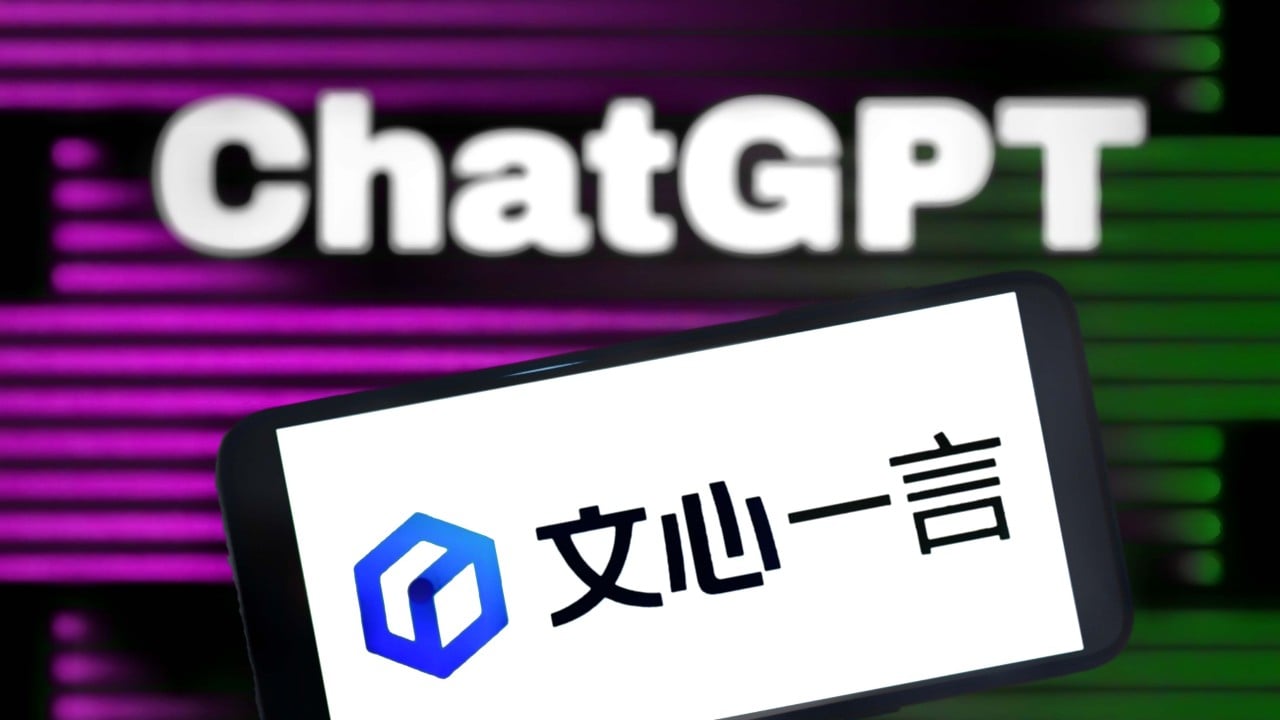What is often underappreciated is that the arc of technology travels back to history. Although the build of AI may be rational (think, mathematical equations), it is the fuzzy logic of society that really feeds and powers this technology. Nowhere is this clearer than in the role of data as the basis for AI.
Data is a social construct, it is never neutral because it depends on who produces, relays, even reconstructs it.
In colonial Southeast Asia, administrators collected data through census surveys and cartography exercises for policymakers in distant metropoles who were engaged in empire-building. Out of that data grew narratives that often reduced the colonial subjects to stereotypes, paving the way for conquest and, later, divide-and-rule policies.
The legacy of this framing shadows many modern states in Southeast Asia decades after independence. The categories that were used to label us under colonial rule form the basis of many demographic markers in official documents today.
In Malaysia, for example, children of mixed marriages are usually only officially recognised by one ethnicity. This not only erases a substantial part of a person’s cultural heritage but misrepresents their entire identity for bureaucratic convenience.

Policymakers throughout Southeast Asia seem to be aware of the risks of incomplete, inaccurate, or biased data. The recently released Asean Guide on AI Governance and Ethics calls for human-centricity and a caution against bias. National strategy documents echo similar messages of preserving equity, inclusivity and fairness. Even home-grown tech champions are committing to the ethical use of AI.
But fitting the square peg of ethics into the round hole of business can be tricky. Mitigating bias in data requires data sets to be comprehensive. Even if, at a minimum, the quality of data proves unassailable, there should be informed and express consent to the collection of data for specific rather than general purposes.
There should also be consensus on who would own, manage or govern such data. This can be an especially sensitive issue in relation to the cultural knowledge or traditional practices of historically marginalised or exploited groups.
Computer, your biases are showing
Computer, your biases are showing
While ethics and economic prospects are not mutually exclusive, they also do not always neatly add up. For example, AI software that masks or erases local accents so that, for example, customer service representatives in the Philippines can be better understood by their primarily Western clientele raises dilemmas.
On the one hand, it eases communication and offers employment opportunities to a potentially broader pool of recruits. On the other hand, it highlights disturbing considerations about global power dynamics and hierarchy. It also minimises cultural distinctions for purely utilitarian purposes.
Perhaps the real question here is not how human centricity can be advanced by ensuring guardrails surrounding the use of AI. It is whether framing discussions on AI governance within prevailing profit-driven business models can adequately provide meaningful guarantees of social and, ultimately, global equity.
As the data-gathering practices of the past, premised on empire’s economy of extraction and exploitation, find digital parallels in today’s geo-tagging, biometric surveillance and behaviour recognition, Southeast Asian stakeholders would benefit from broadening deliberations on AI beyond monetary calculations.
Ideally, digital technology, including AI, would be considered equally across all three of Asean’s political-security, economic and sociocultural pillars.
The multidisciplinary advisers of varied backgrounds and geographies that the Asean guide recommends should include historians, anthropologists and other experts from the humanities. Further, policy conversations on AI governance in a region as varied as Southeast Asia with its recent colonial past would benefit from exchanges with other parts of the Global South.
There is much to draw on from contemporary African scholarship arguing for the inclusion of ubuntu – the idea of collective values as well as social and environmental ties – in AI governance, the impact of indigenous knowledge on smart farming, and the experience of Latin American societies with algorithmic decision-making systems built in the Global North.
In enriching discussions on AI governance, the algorithms of Southeast Asia’s future should be more than a digital replica of its past.
Elina Noor is a senior fellow in the Asia Programme at Carnegie Endowment for International Peace



